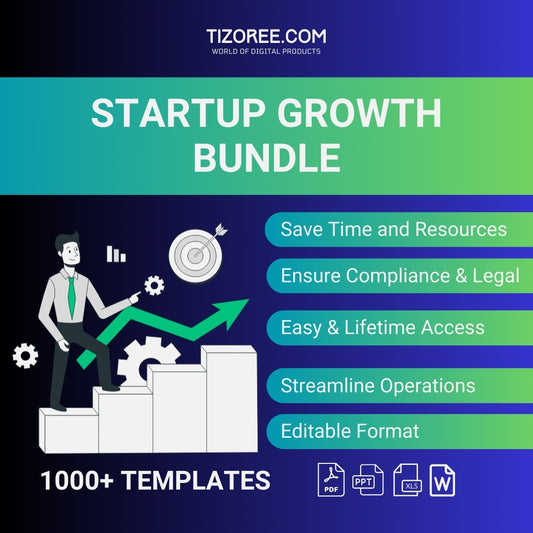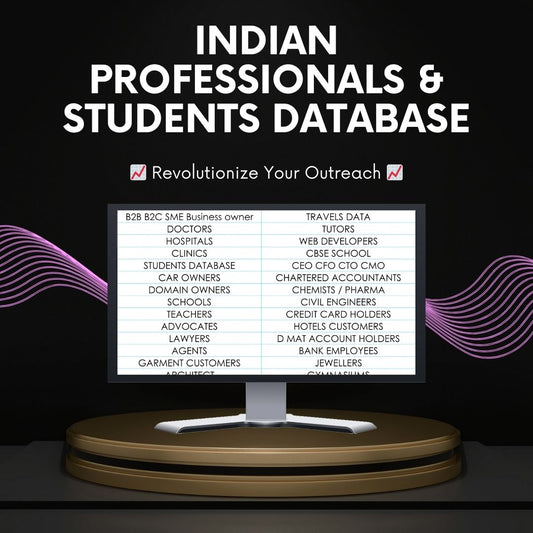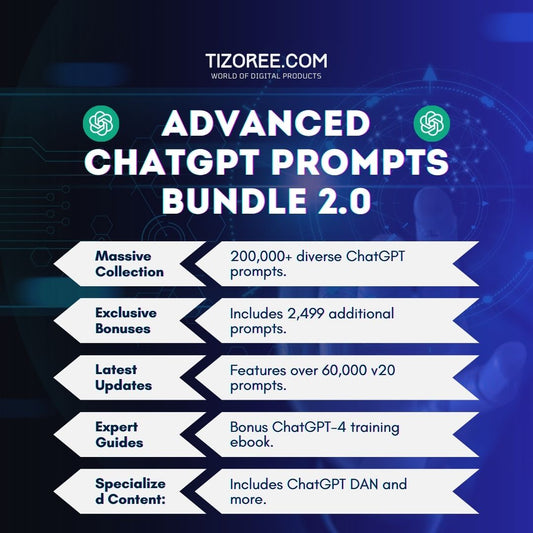अपने ब्लॉग के लिए SEO में महारत हासिल करना: एक व्यापक गाइड
शेयर करना
लेखों से भरा ब्लॉग बनाना एक बात है, लेकिन उन लेखों पर ट्रैफ़िक लाना दूसरी बात है। अगर आपको लगता है कि आपका ब्लॉग विज़िटर को आकर्षित नहीं कर रहा है, तो यह निराश करने वाला हो सकता है। यह गाइड उन लोगों के लिए डिज़ाइन किया गया है जो अभी-अभी अपनी ब्लॉगिंग यात्रा शुरू कर रहे हैं, खासकर वे जो SEO से अपरिचित हैं। हम आपके लेखों को Google पर रैंक करने में मदद करने के लिए आवश्यक रणनीतियों को कवर करेंगे।
एसईओ के महत्व को समझना
SEO या सर्च इंजन ऑप्टिमाइजेशन किसी भी ब्लॉग के लिए बहुत ज़रूरी है। इसके बिना, लेख लिखने में आपकी मेहनत बेकार हो सकती है। यह गाइड आपको SEO की मूल बातें बताएगी, जिससे यह सुनिश्चित होगा कि आपकी सामग्री को वह दृश्यता मिले जिसके वह हकदार है।
लेखों की रैंकिंग के बारे में आपको क्या जानना चाहिए
जब आप कोई लेख लिखते हैं, तो आप चाहते हैं कि वह सर्च इंजन पर उच्च रैंक पर हो। उदाहरण के लिए, यदि आप "फ्लिपकार्ट का पेटीएम खाता कैसे बंद करें" खोजते हैं, तो आपको अपने लेख को परिणामों के पहले पृष्ठ पर प्रदर्शित करने का लक्ष्य रखना चाहिए। मैंने अपने लेखों के साथ इसे हासिल किया है, और मैं यहाँ साझा करने के लिए हूँ कि आप भी ऐसा कैसे कर सकते हैं।
क्या बैकलिंक्स मायने रखते हैं?
एक आम सवाल यह है कि क्या आपके लेखों की रैंकिंग के लिए बैकलिंक्स ज़रूरी हैं। दिलचस्प बात यह है कि मेरे पास ऐसे लेख हैं जो बिना किसी बैकलिंक्स के भी महत्वपूर्ण ऑर्गेनिक ट्रैफ़िक उत्पन्न करते हैं। उदाहरण के लिए, अगस्त 2023 में प्रकाशित मेरे एक लेख को बिना किसी बैकलिंक्स के 2800 से ज़्यादा मासिक विज़िट मिले हैं। यह दर्शाता है कि बैकलिंक्स मदद तो कर सकते हैं, लेकिन वे रैंकिंग में एकमात्र कारक नहीं हैं।
शुरुआती लोगों के लिए आवश्यक SEO तकनीकें
इस अनुभाग में, हम SEO के विभिन्न पहलुओं को कवर करेंगे जिन पर आपको लेख लिखते समय विचार करना चाहिए। इष्टतम लेख लंबाई से लेकर प्लगइन्स के प्रभावी उपयोग तक, यहाँ वह सब कुछ है जो आपको जानना चाहिए:
1. इष्टतम लेख लंबाई
शब्दों की संख्या के बारे में कोई सख्त नियम नहीं है, लेकिन शोध से पता चलता है कि गहन विषयों के लिए लेख आदर्श रूप से 1000 से 1500 शब्दों के बीच होने चाहिए। गाइड के लिए, 2500 शब्दों तक के लंबे लेखों पर विचार करें। यह लंबाई आपको विषयों को व्यापक रूप से कवर करने की अनुमति देती है और अच्छी रैंकिंग की आपकी संभावनाओं को बेहतर बनाती है।
2. सही SEO प्लगइन चुनना
जब SEO प्लगइन्स की बात आती है, तो आप सोच सकते हैं कि Yoast SEO या Rank Math का उपयोग करें। जबकि Yoast लंबे समय से मौजूद है, Rank Math ने विभिन्न पेज बिल्डरों के साथ अपनी संगतता और इसकी व्यापक विशेषताओं के लिए लोकप्रियता हासिल की है। मैं इसके उपयोगकर्ता के अनुकूल इंटरफ़ेस और प्रभावी अनुकूलन टूल के लिए Rank Math का उपयोग करने की सलाह देता हूँ।
3. पेज बिल्डर्स: एलिमेंटर बनाम गुटेनबर्ग
पेज बिल्डर चुनना बहुत ज़रूरी है। हालाँकि एलिमेंटर और गुटेनबर्ग दोनों की अपनी खूबियाँ हैं, लेकिन मैं एलिमेंटर को इसके इस्तेमाल में आसानी और डिज़ाइन में लचीलेपन के लिए सुझाता हूँ। यह आपको बिना किसी परेशानी के दिखने में आकर्षक लेख बनाने की अनुमति देता है।
4. अपने शीर्षकों की संरचना करना
SEO के लिए उचित शीर्षक संरचना महत्वपूर्ण है। अपने शीर्षक के लिए H1, मुख्य शीर्षकों के लिए H2 और उपशीर्षकों के लिए H3 का उपयोग करें। यह पदानुक्रम Google को आपकी पोस्ट की सामग्री को बेहतर ढंग से समझने और उपयोगकर्ता अनुभव को बेहतर बनाने में मदद करता है।
5. फोकस कीवर्ड सेट करना
आपका फोकस कीवर्ड वह शब्द है जिसके लिए आप अपने लेख को रैंक करना चाहते हैं। इसे अपने शीर्षक, शीर्षकों और अपनी संपूर्ण सामग्री में शामिल करना सुनिश्चित करें। हालाँकि, कीवर्ड स्टफिंग से बचें - इसे अपने लेखन के संदर्भ में स्वाभाविक रूप से उपयोग करें।
6. आंतरिक और बाह्य लिंक का उपयोग करना
अपने ब्लॉग पर अन्य लेखों (आंतरिक लिंक) और प्रतिष्ठित बाहरी स्रोतों से लिंक करने से आपके लेख की विश्वसनीयता बढ़ती है। उदाहरण के लिए, यदि आप अपने लेख में "पीने के पानी" का उल्लेख करते हैं, तो किसी अन्य पोस्ट से लिंक करें जिसमें इसके लाभों पर चर्चा की गई हो।
7. चित्र और Alt टेक्स्ट का उपयोग करना
छवियाँ आपके लेखों को बेहतर बनाती हैं और उन्हें अधिक आकर्षक बनाती हैं। छवियों के लिए हमेशा वैकल्पिक पाठ शामिल करें, जो सामग्री का वर्णन करता हो। यह न केवल SEO में मदद करता है बल्कि आपके ब्लॉग को दृष्टिबाधित उपयोगकर्ताओं के लिए भी सुलभ बनाता है।
8. सम्मोहक मेटा विवरण तैयार करना
आपका मेटा विवरण खोज परिणामों में आपके लेख की बिक्री पिच है। यह संक्षिप्त होना चाहिए, इसमें आपका फ़ोकस कीवर्ड शामिल होना चाहिए, और पाठकों को आपके लेख पर क्लिक करने के लिए लुभाना चाहिए।
9. क्लिक-थ्रू दर (CTR) में सुधार
अपने CTR को बेहतर बनाने के लिए, सुनिश्चित करें कि आपका शीर्षक और मेटा विवरण आकर्षक हो। इस बारे में सोचें कि आपको किसी लिंक पर क्लिक करने के लिए क्या प्रेरित करेगा और इसे अपने लेखन में लागू करें।
10. अपनी सामग्री को नियमित रूप से अपडेट करें
सामग्री की ताज़गी मायने रखती है। अपने लेखों को नियमित रूप से नई जानकारी के साथ अपडेट करने से उनकी रैंकिंग को बनाए रखने या सुधारने में मदद मिल सकती है। Google ऐसी सामग्री को प्राथमिकता देता है जो वर्तमान जानकारी और रुझानों को दर्शाती हो।
निष्कर्ष: आपकी SEO यात्रा
SEO में महारत हासिल करना किसी भी ब्लॉगर के लिए ज़रूरी है जो ट्रैक्शन और विज़िबिलिटी हासिल करना चाहता है। इस गाइड में बताई गई रणनीतियों का पालन करके, आप अपने ब्लॉग पर ट्रैफ़िक लाना शुरू कर सकते हैं और सर्च इंजन पर अपनी रैंकिंग सुधार सकते हैं। याद रखें, इसमें समय और दृढ़ता लगती है, लेकिन इसका फ़ायदा इसके लायक है।
यदि आपके पास कोई प्रश्न है या किसी बिंदु पर और स्पष्टीकरण की आवश्यकता है, तो बेझिझक टिप्पणियों में पूछें। मैं आपकी ब्लॉगिंग यात्रा में सफलता पाने में आपकी मदद करने के लिए यहाँ हूँ!



